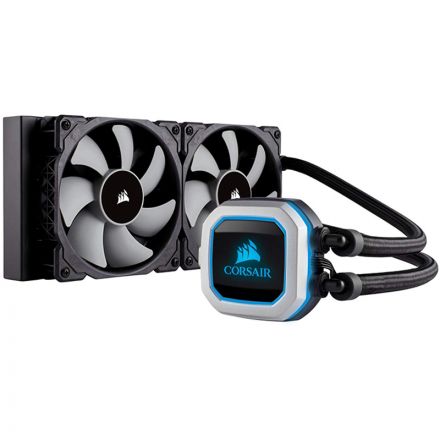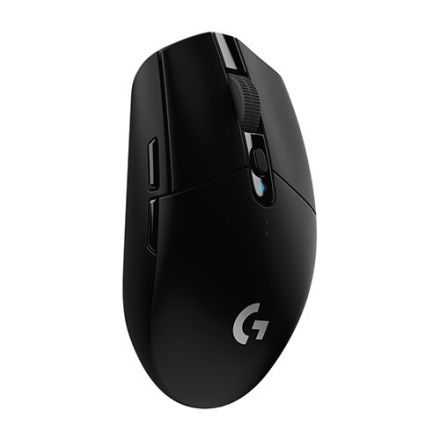This website uses cookies to ensure you get the best experience on our website. Read more


When it comes to building a high-performance gaming rig, the components you choose play a crucial role in determining your system's overall performance. One key consideration is the Central Processing Unit (CPU), which acts as the brain of your computer. However, simply selecting a powerful CPU isn't enough to guarantee smooth gameplay and optimal performance. To truly maximize your gaming experience, it's essential to pair your gaming CPU with the right components to avoid bottlenecks that can hinder your system's potential.
Understanding Bottlenecks
Before delving into the specifics of component matching, let's define what a bottleneck is in the context of gaming hardware. A bottleneck occurs when one component of your computer is significantly slower or less capable than the others, limiting the overall performance of the system. For instance, having a top-tier CPU with a subpar graphics card might result in the GPU not being able to keep up with the CPU's processing power, leading to lowered frame rates and graphical performance. To ensure a balanced and optimized gaming experience, it's crucial to select components that complement each other's capabilities.
Choosing the Right Graphics Card
The most common bottleneck scenario in gaming systems involves a mismatch between the CPU and the graphics card (GPU). To avoid this bottleneck, it's important to choose a graphics card that is on par with the capabilities of your CPU. Consider factors such as the resolution at which you intend to play games, the level of graphical detail you desire, and the type of games you usually play.
For example, if you have a high-end gaming CPU like an Intel Core i9 or AMD Ryzen 9, you'll want a graphics card from the upper echelons of the NVIDIA GeForce or AMD Radeon lineup. On the other hand, if you're working with a mid-range CPU, pairing it with a mid-tier graphics card will likely strike the right balance between cost and performance.
Balancing Memory and Storage
Memory (RAM) and storage are also important factors in avoiding bottlenecks. A powerful CPU can process data quickly, but it needs enough memory to store and manage that data effectively. Similarly, a fast storage solution ensures that game files load swiftly and reduces loading times.
Opt for at least 16GB of RAM for a smooth gaming experience, and consider higher capacities if you frequently multitask or use resource-intensive applications alongside gaming. Additionally, invest in a Solid State Drive (SSD) for your operating system and frequently played games. The increased read and write speeds of an SSD can greatly improve load times and reduce stuttering during gameplay.
Power Supply and Cooling Considerations
It's easy to get caught up in selecting the flashiest components, but don't overlook the importance of a capable power supply unit (PSU) and efficient cooling solutions. A powerful CPU and graphics card require a PSU that can deliver stable power, while effective cooling prevents thermal throttling and ensures consistent performance.
Calculate the total power consumption of your components and choose a PSU that provides a bit of headroom to accommodate potential upgrades. As for cooling, consider an aftermarket CPU cooler and proper case ventilation to maintain optimal temperatures during intense gaming sessions.
Conclusion
Building a gaming PC is about creating a harmonious balance between components to achieve the best performance possible. While it's tempting to focus solely on getting the most powerful CPU, the true magic happens when your CPU is matched with compatible components, including a capable graphics card, sufficient memory, fast storage, and reliable power delivery and cooling.
Remember that every gaming setup is unique, and your choice of components should reflect your gaming preferences and budget. By avoiding bottlenecks and thoughtfully selecting components that work in synergy, you can create a gaming rig that delivers immersive experiences and impressive performance across a wide range of titles.














